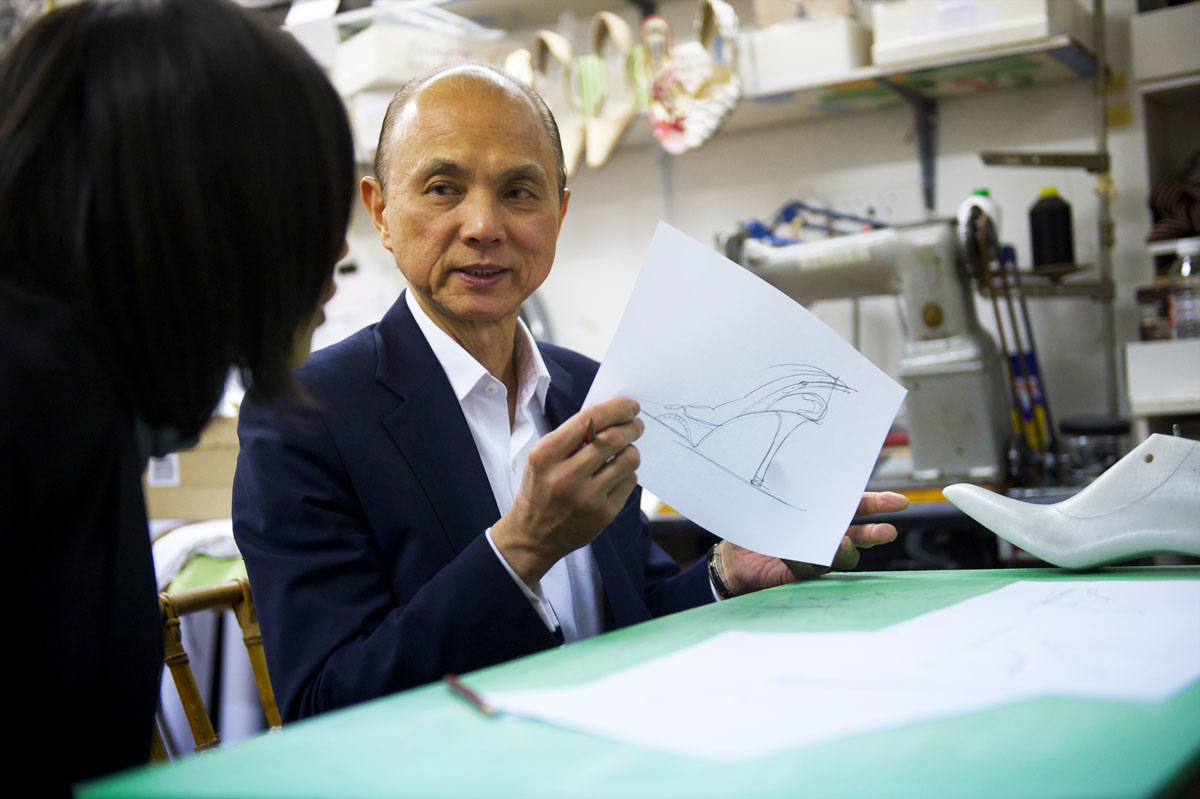There is no question that the world is experiencing a chronic skills shortage and the pain of it won’t abate anytime soon. The shortage started well before COVID-19, exploded to the surface and will be with us for some time. So, if you are hiring, what’s your ultimate survival game plan?
“Even without our talent shortage, some desirable skills of our current times are found more so in our mature workforce.”
The ‘go to’ when recruiting is typically the mid-career bracket. These employees are experienced, know how to get the job done, have a proven track record and yet have ample working life left. However, if you think mid-career is 35 years plus, think again. Welcome our vibrant, fantastic 55-year-olds to the fold.
New age of talent
Fifty-five is considered mature by many and in countries like Australia. According to the Australian Bureau of Statistics (ABS), ‘older’, refers to those 45–64 years of age. But does that definition really matter?
Times have changed, the world is moving at a faster rate than most can keep up with, and I would suggest the ABS is well behind today’s new norm. Life expectancy in 1970 was 71.21 years. Today, with it at 83.79 years, consideration of what is older needs to adjust. I also belong to the new mid-career category and view it positively, another gift of maturity – it’s never about age but its perception. We have people in our business from young to mature; the mix gives our business a strong competitive advantage.
So, let’s put aside any bias or frames of reference.
As a starting point, in 2009–10, those aged 55 years and above represented 16 per cent of the total labour force, up from around 10 per cent three decades earlier. This is a significant sourcing pool compared to the near-desolate ones we desperately keep fishing from. Declining fertility rates at 1.58 births per woman in 2021 versus 3.55 at its peak in 1961 is the major contributing factor to the dearth of supply from our more youthful demographic. Retirement age in Australia has also increased.
Further, almost one-quarter (22.6 per cent) do not intend to retire until the age of 70 years or older. During 2014–15, Australians aged 45 years and over intended to retire at an average of 65.1 years of age compared to 62.3 years during 2004–05.
If you have been cautious in hiring older workers, you are not alone. Numerous studies show that hiring managers consider older age a competitive disadvantage. Yet research shows no difference in performance between older and more youthful workers. Scientific evidence shows that “for most people, raw mental horsepower declines after the age of 30, but knowledge and expertise – the main predictors of job performance – keep increasing even beyond the age of 80”, according to Rob Croner, Vice President, Senior Executive Services at CCI Consulting.
So instead, let’s move away from stereotypes and biases, and look at the subject from a current perspective.
A new normal brings a new demand
The pandemic and all that resulted from it created a new working landscape, with specific skills, attributes and attitudes high in demand to match the new normal. Even without our talent shortage, some desirable skills of our current times are found more so in our mature workforce. Consider resilience, patience and mentoring abilities to name just a few, all of which are gifts mainly acquired from time and experience. Stability and dependability are also vastly underestimated attributes. That is, until you need them.
Australia’s workforce now includes five generations, the first time in our work history, and gen X, our energised 55-year-olds, sits right in the middle – at mid-career, that is. At 55 years and beyond, the mid-career workforce has experience, expertise and is poised to do so much more. They have already passed through exploration, establishment and the legacy stages, and in the far distant horizon. They possess professional experience and knowledge through life’s encounters and challenges, big, small and the insurmountable. Setbacks are just that and not dramatic devastation. Well-exercised and toned attributes are ready for further flexing. Mature workers have an extensive collection of ideas, information and knowledge to better synthesise solutions. They have sound judgement regarding human behaviour and a more realistic appraisal of present situations.
Stereotypes apply to both the young and mature – not all young employees are the next Silicon Valley genius, nor are all mature workers perfect mentors or the next Nobel Prize winner. But don’t ignore what is right under your nose. Let go of preconceived ideas and notions, and consider the new mid-career workforce. After all, if you are hiring a secret agent, why wouldn’t you want James Bond? Daniel Craig at 53 years seems a good hire to me.
Read next: Why age isn’t a barrier when it comes to entrepreneurial success
Roxanne Calder, author of ‘Employable: 7 Attributes to Assuring Your Working Future’, is the Founder and Managing Director of EST10, one of Sydney’s most successful administration recruitment agencies. Calder is passionate about uncovering people’s potential and watching their careers soar.







